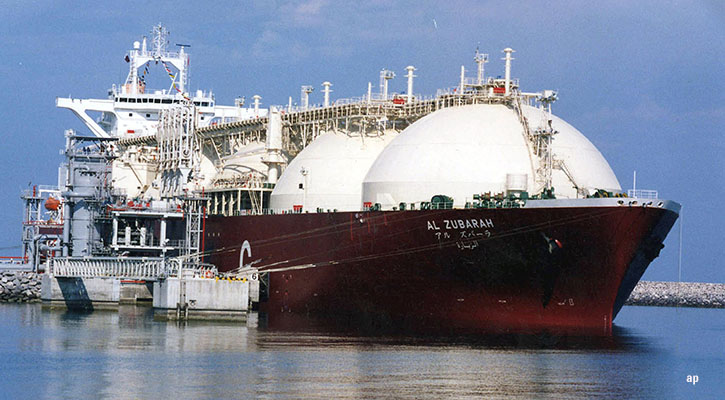Top news of the week
Sharp decline in July bank loans
A barrage of economic data has been released in China, most of which points to a continuous firming of the economy. Fixed-asset investment grew by 31% year-on-year in July, bringing the total investment year-to-date to a 33% increase over the first seven months of 2008. Consumption continued to hold up nicely, up by 15% year-on-year, as under-leveraged urban and rural residents happily bought big-ticket items, taking advantage of tax breaks and subsidies.
Even exports hit the best level so far this year, scraping the $100 billion mark and up 10% from June. However, on a year-on-year basis they were still down by a not insignificant 23%.
All these are encouraging, but not enough to offset worries triggered by a sharp 77% drop in new loans made in July compared to June. For the first six months, banks raced to give out loans at an average of over 1 trillion yuan per month. In July, new loans plummeted to 356 billion yuan. In fact, July marked the first year-on-year loan volume contraction since last August.
There are reasons to believe that July may have marked a turning point in credit supply. Banking regulators issued three urgent notices within one week to warn banks about excessive lending. China Construction Bank, the country's second-largest bank, responded swiftly by publicly announcing that loans in the second half will be 70% less than in the past six months. We expect other major banks to follow suit.
The Chinese government has reiterated that the accommodating monetary policy will not change any time soon, but more evidence has emerged to show that growth in monetary supply has outpaced that of the economy, which has led to speculative bubbles in the housing and stock markets. At the moment, both CPI and PPI are still negative, which should give China some breathing space and allow it to put off raising interest rates. But investors are justified to think that the stellar stock market performance, fuelled by cheap and ample credit in the first half, will be hard to repeat in the coming months.
Market recap
China this week released macroeconomic data for July, which showed a
sharp decline in incremental loans for the month and a slight easing in
the pace of fixed-asset investment growth. This triggered investor
worries about liquidity in the second half of 2009 and the effect on the
economy. Over the past five trading days, the Shanghai Composite Index
continued the losing streak, down by 6.55% to 3,047, while the Shenzhen
Composite Index dropped by 3.66% to 12,499, completing the worst week
since February.
Macro and industry updates
July export and import data released
July exports topped US$100 billion for the first time this year and were 10% better sequentially, but the numbers were still down 23% compared to the year-ago period. At $95 billion, imports were the highest since last September, but still down 15% from last July.
HK 2Q GDP up 3.3% sequentially
This is the first sequential expansion after four quarters of consecutive declines. In the first quarter, the Hong Kong economy contracted by 4.3%. On an annualised basis the economy shrank by 3.8% in the second quarter, down from the 7.8% decline in the first quarter.
Blackstone sets up 5 billion yuan PE fund in Shanghai
The private equity group confirmed it will set up a yuan-denominated fund in partnership with the government of Shanghai Pudong New Area, the central business district that Shanghai hopes to transform into a world-class financial hub. Shanghai is the second Chinese city to provide preferential policies for private equity investors after the northern coastal city of Tianjin.
Privately-held Dangdang.com is China's largest bookseller
A recent media report about Dangdang.com, the Beijing-based ecommerce site, revealed that Dangdang currently holds about 10% of China's fragmented book distribution business, excluding text books and related teaching materials. Dangdang overtook Xinhua Bookstore (the state-owned bookstore chain) as the largest bookseller in China since the fourth quarter of 2007. According to research firm Analysys, Dangdang.com controls about 48% of online book sales in China followed by Joyo, Amazon's China subsidiary, with a 35% share.
Contributions from Iris Tan.










:quality(80)/cloudfront-us-east-1.images.arcpublishing.com/morningstar/MNPB4CP64NCNLA3MTELE3ISLRY.jpg)












